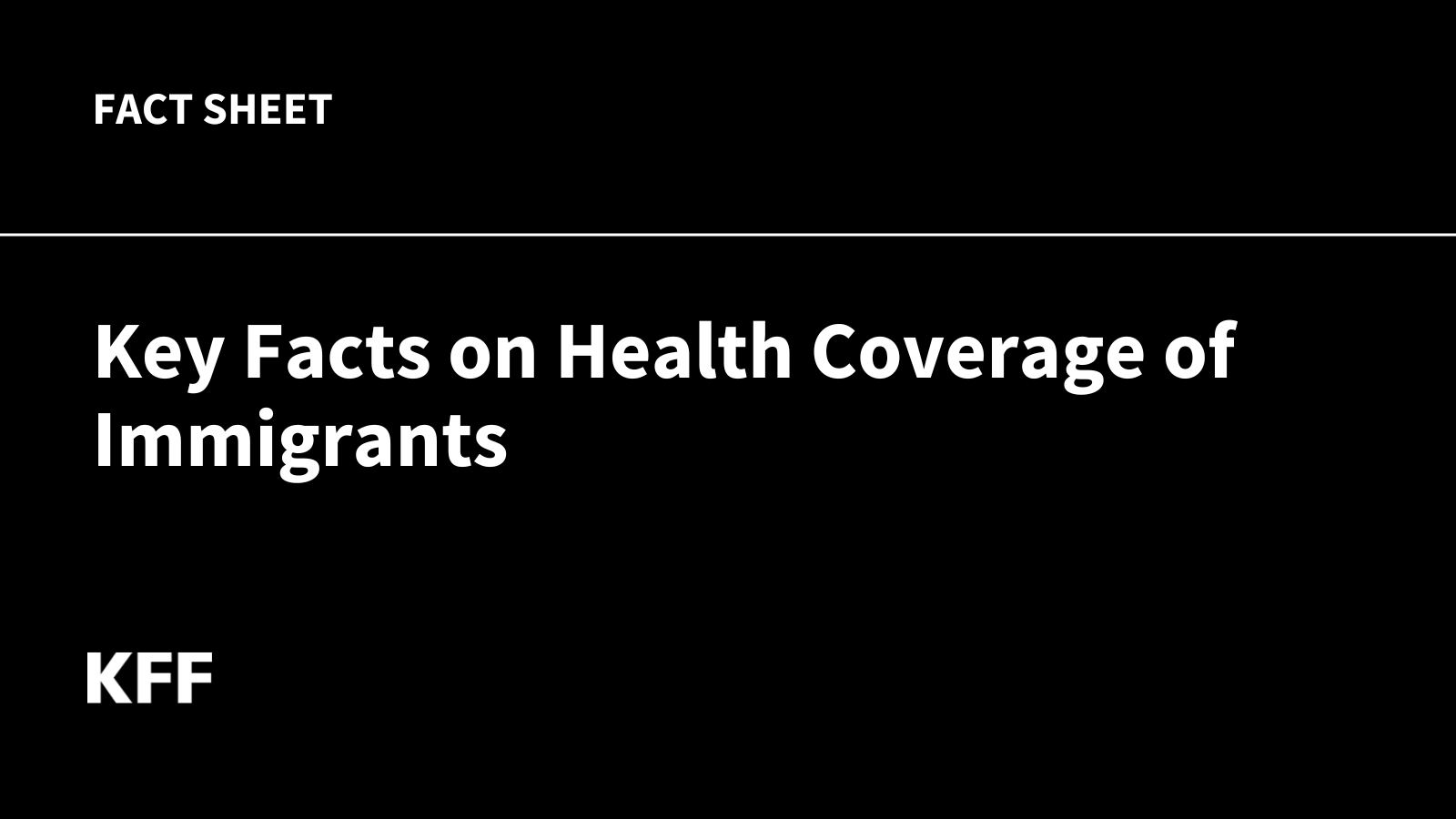
Rabat– Morocco’s government has reaffirmed its commitment to addressing the demands of young protesters calling for reforms in education and healthcare, stressing the importance of structured dialogue to find practical solutions.
Speaking at a press briefing following Thursday’s government council meeting, government spokesperson Mustapha Baitas acknowledged the country’s ongoing challenges in the health and education sectors.
He emphasized that the government has been actively working to improve these sectors, inviting members of Generation Z to present their proposals and ideas for reform.
“The government has engaged with the protests from the start,” Baitas claims. “The ruling coalition expressed full understanding of the youth’s concerns and is prepared to engage in dialogue. For this dialogue to succeed, young people must participate actively and present their proposals to improve the health and education systems, which have long-standing structural issues.”
Baitas affirmed the government’s ongoing investments in social sectors since 2021, noting that the education budget has nearly doubled in recent years, reflecting official awareness of the systemic challenges. He added that reforms in the public healthcare system are underway, and that the government is mobilizing resources to restore hospitals as the cornerstone of medical care for citizens.
Prime Minister Aziz Akhannouch also addressed the protests during the council meeting, confirming that three people have died and hundreds of security personnel were injured in clashes across multiple cities.
The demonstrations, led by young people from Generation Z call for government action towards social, health, and employment challenges. They started peacefully, but some have since been overtaken by rioters and escalated into violent confrontations that caused damage to public and private property, including security vehicles, shops, administrative offices, and banks.
The protests, which began last weekend, reflect widespread frustration among Morocco’s youth over limited access to quality education and healthcare, as well as economic hardships.
Government officials reiterated that dialogue and institutional engagement remain the preferred approach to address these issues, aiming to move from confrontation and unrest toward constructive discussion and policy reform.
“The approach based on dialogue is the only way to address these challenges and accelerate the implementation of public policies responding to social demands,” Akhannouch said, expressing the government’s readiness to engage with citizens through formal and public channels.
link






